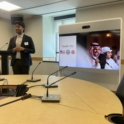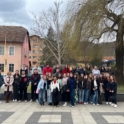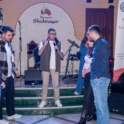Abdulaziz reflects on the highlights from serving as a mentor for CEW.
STORIES
YES Alumni Grant: Young Women Entrepreneurs
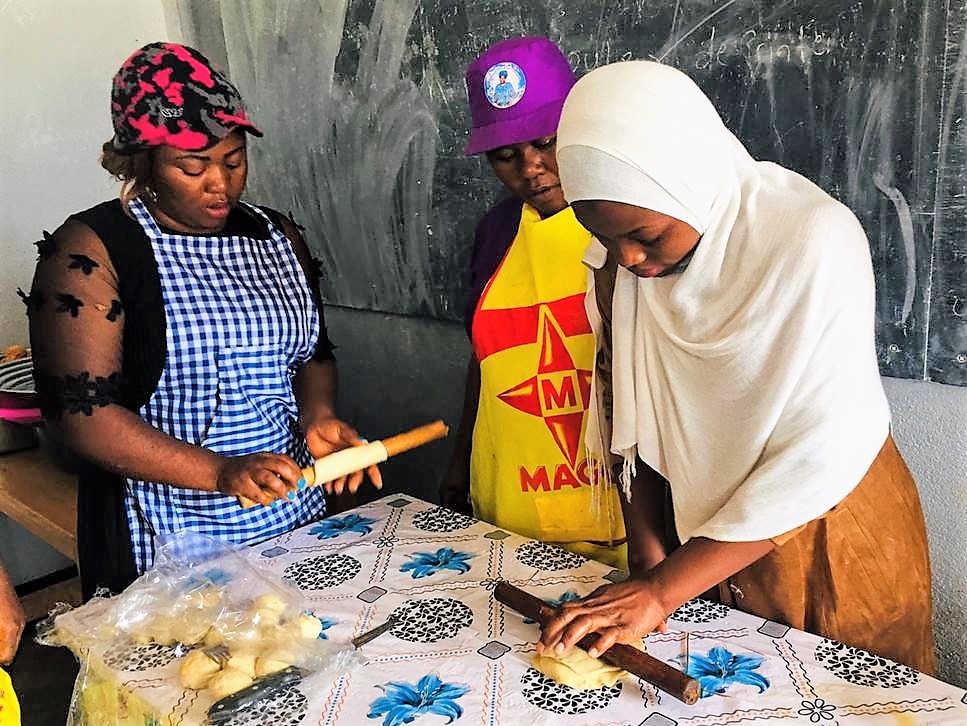
By Yosimbom Sakinatu (YES 2018-2019, Cameroon, placed by PAX in Farr West, UT)
As YES students, we are taught the value of community service and giving back to others. This is a crucial part of our exchange because it is what we take back home to show what we have learned in the U.S. As exchange students, we are ambassadors of our countries, and when we return home, we are ambassadors not just of the U.S. but of our host parents, YES values, our placement organizations, and all the people we met on exchange. We may bring gifts and candy for our family when coming back from our YES year, but these things don’t last — and we can't buy candy or gifts for the whole community. Because we went on exchange not just for our family but for our community as well, the best gift we can give is community service.
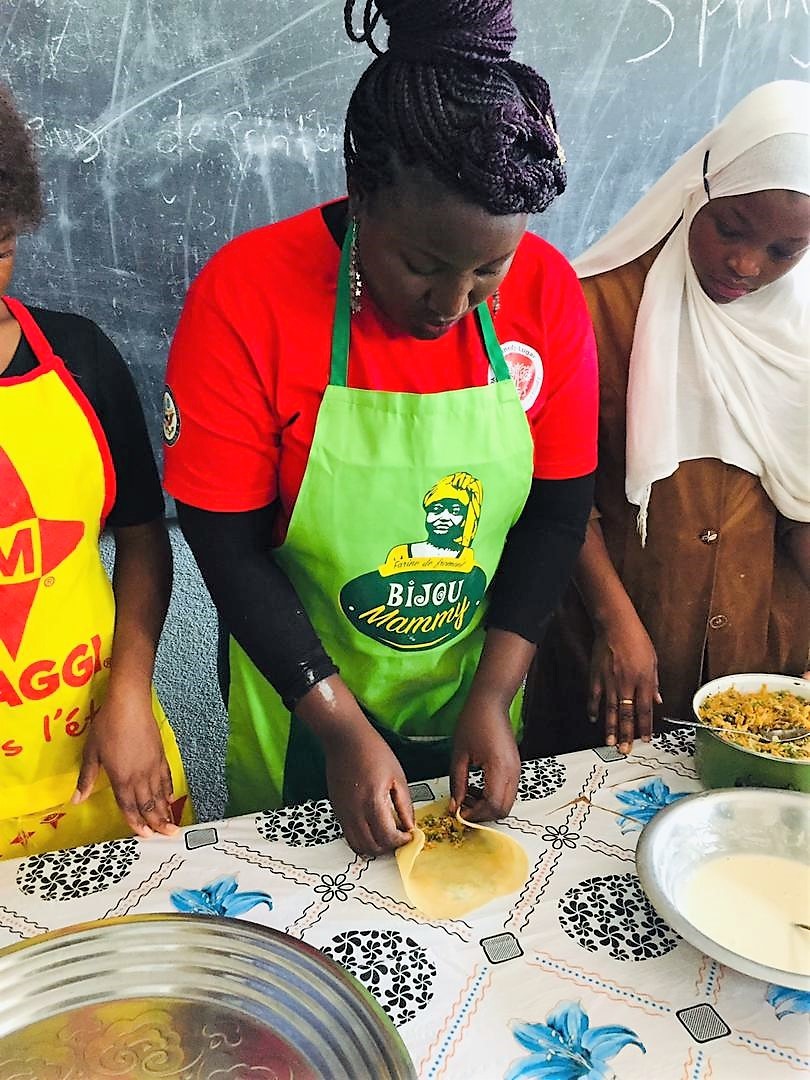
Upon returning home, exchange students can sometimes question what it was all for, especially when dealing with re-entry frustrations, perhaps having to repeat a year of school, and trying to fit in again. Finding your purpose as an alumna/us is like the icing on the cake (and, trust me, I love cake). This process of finding my place as an alumna is when I began to feel like a real ambassador. I learned to smile and explain that YES “is an exchange program, and while there, I was taught how to be a leader and what community service is all about. Now I get to help you all, my community, because of this opportunity." Returning home would not have been as fun for me if I’d gotten back and concentrated on fitting in and being the person I was before I left. As an exchange student, you can't lie — you are not the same.
My country and my community are very lovely places to be. People are welcoming, kind, sociable, and fun to be around. But our culture and traditions have always regarded women and girls as fragile humans, who need to be protected and be told what to do. This has left our girls and women in a position where they can't voice their wants and needs. With socioeconomic development, our women are being included in the community more, but the percentage is still small.
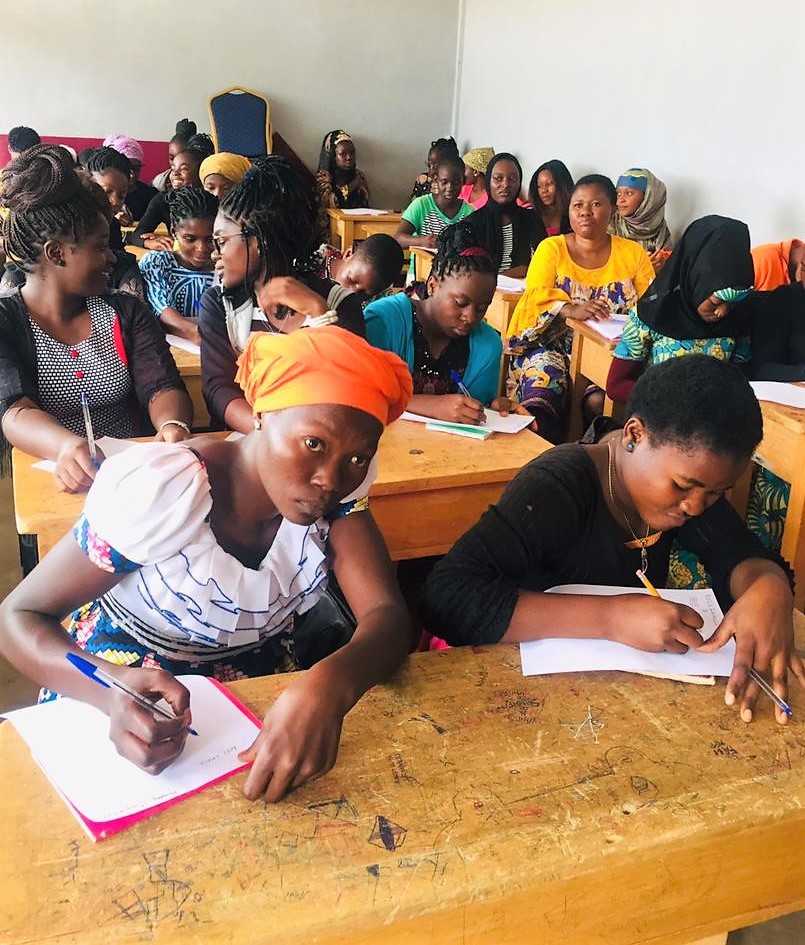
Since my return home, I have taken it upon myself to help women and girls in my community, to remove barriers while still respecting our norms and traditions. The prevalence of female entrepreneurs is gradually increasing in my community. Female entrepreneurs typically go into trades considered “woman-like,” such as cooking, baking, dress sales, and farming. We still have a long journey to help women break into other trades, but it's a positive start. The fees and expenses associated with learning these trades are prohibitively high, hindering a lot of women. With this problem in mind, I applied for a 2021 YES Alumni Grant to teach young women trades that are beneficial, income-generating, environmentally friendly, and provided to our participants at no cost.
My project, Young Women Entrepreneurs, aimed to empower 40 young women from different backgrounds with skills in pastry making and handicrafts so they can be financially independent and put food on their tables. But the interest was much higher than expected, and we ended up with 57 diverse participants, from high school students to teachers to housewives! In addition to learning these hard skills, participants also engaged in discussion sessions on self-growth, including on topics of female leadership, self-esteem, and women as entrepreneurs. We wanted to avoid a situation in which, at the end of the workshop, participants did nothing with the skills they’d acquired. Therefore, qualified trainers worked to educate and bring about awareness of the psychology behind the ideas holding participants back from getting into entrepreneurship.
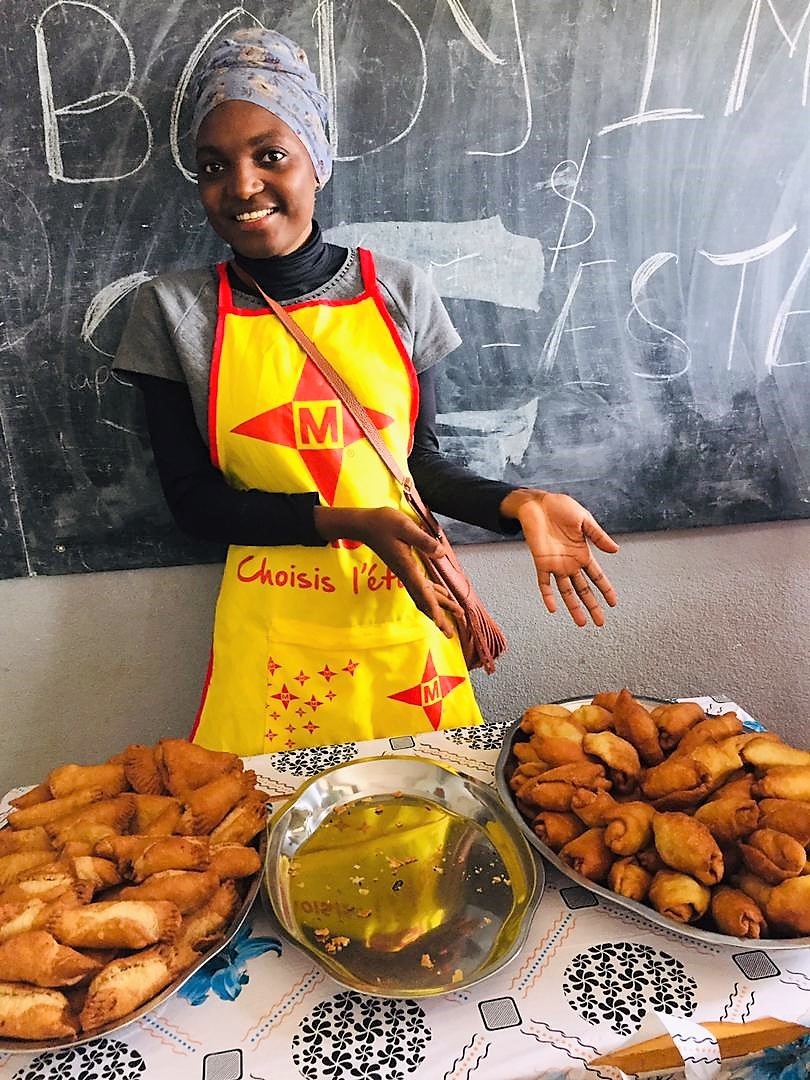
At the end of the workshop, 100% of participants reported that the workshop had greatly impacted their lives. There were women who had little to no interest in entrepreneurship (as reported in a pre-workshop survey) who were already drafting business plans by the end of the first week. During the closing ceremony, participants shared their takeaways.
One participant, a housewife, noted, "I am so grateful for the opportunity to be part of this workshop. I intend to open a small shop beside my house where I will sell pastries."
Another participant said, "Pastries can bring in a lot of income, and I’ve always wanted to learn, but I couldn't afford the high training costs.”
During this project, I grew significantly. My communication skills improved. I learned to improvise and problem solve. My teammates, including YES Alumni and other volunteers, helped to make this project successful, and I learned the importance of teamwork. This project not only impacted the participants, but also the trainers, volunteers, community, and me.
I would like to thank the sponsor of the YES program, the U.S. Department of State, Bureau of Educational and Cultural Affairs. I'd also like to extend my thanks and gratitude to the YES program, iEARN, PAX, and my high school, Savannah Bilingual College, for providing the venue. And a huge thank you to my teammates, volunteers, and trainers. None of this would have been possible without you all.


